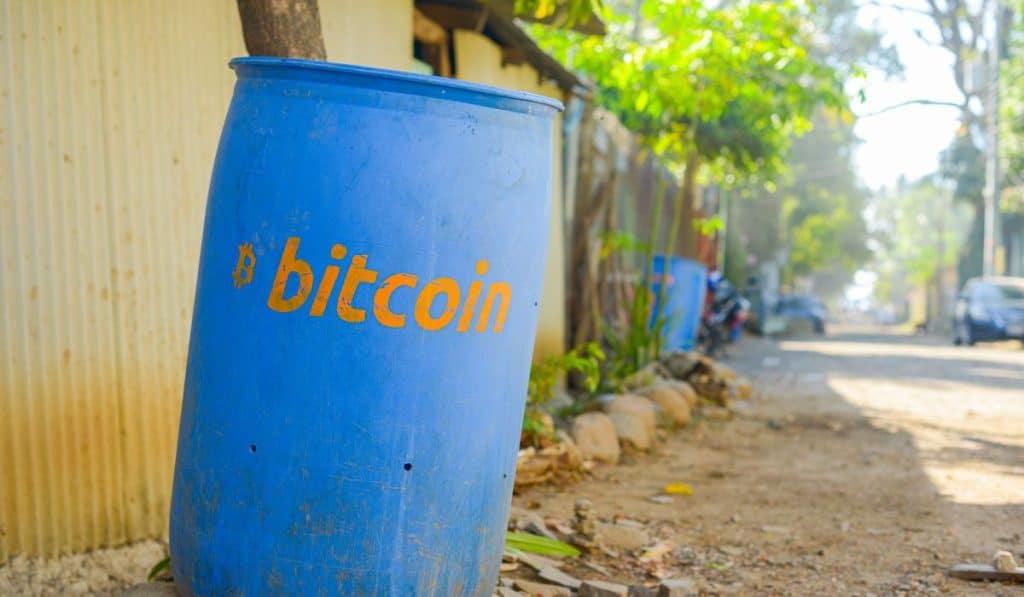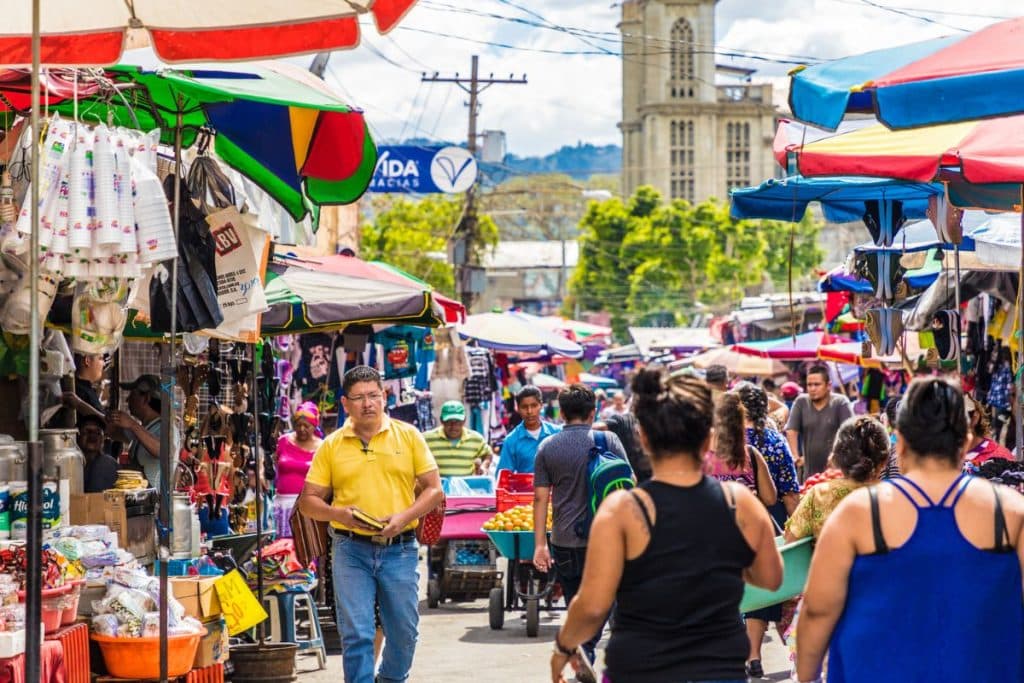Before learning about Bitcoin, Gerardo Linares and his girlfriend Evelyn Lemus worked as digital nomads for US companies in El Salvador.
They were interested in Bitcoin following the nation’s official recognition of it as legal tender in June 2021. So they began going to meetups in San Salvador and El Zonte to learn more about this currency.
They observed that although many foreign visitors and bitcoin enthusiasts were drawn to their country by the fact that bitcoin was legal tender, relatively few locals were using bitcoin outside of El Zonte and San Salvador. They left their jobs as digital nomads to change that, and after a journey that took them to Berlin, a small mountain town two hours east of San Salvador, they made their home there.
With a lot of one-on-one conversations and tutoring, the two of them were able to onboard 17 merchants at first. Because they desired increased tourism, these early Berlin merchants were receptive to this new payment rail.
The majority of the shopkeepers and merchants in Berlin were aware of Bitcoin’s popularity and its ability to draw tourists to El Zonte, a small surfing town three hours outside of Berlin and thirty minutes outside of San Salvador.
Gerardo clarified that the requirement to hire owners completely vanished as soon as they hit a tipping point of roughly 50 stores because shop owners and operators began approaching them to inquire about how to accept Bitcoin.
Undoubtedly, the popularity and excitement generated by El Zonte contributed significantly to the adoption of Bitcoin. As of right now, over 100 stores and merchants in Berlin accept cryptocurrency, which, according to Gerardo, accounts for nearly 25% of all stores and businesses in the city.
El Salvador’s venture into cryptocurrency, particularly Bitcoin, has marked a significant step in the country’s financial landscape. Since adopting Bitcoin as legal tender, El Salvador has witnessed a steady increase in its use for various transactions. The government’s initiatives, like installing Bitcoin ATMs and introducing the Chivo wallet, have played a crucial role in promoting its usage. Despite challenges like market volatility and diverse public reception, El Salvador’s approach to integrating cryptocurrency into its economy represents a pioneering move in the global financial sphere.
More than 10% of the population of El Salvador used bitcoin during 2023
A survey by the Institute of Public Opinion of the Central American University José Simeón Cañas (Iudop) in El Salvador revealed that over 10% of the population used Bitcoin (BTC) in 2023.
The survey, conducted from December 9-22, 2023, aimed to assess the country’s economic situation, including the impact of Bitcoin on household economies. It found an increase in Bitcoin usage for purchases and payments, with 40% of users employing it three to fifty times in 2023, mainly in supermarkets and for food. The results highlight a growing trend of Bitcoin as a payment method in El Salvador.



